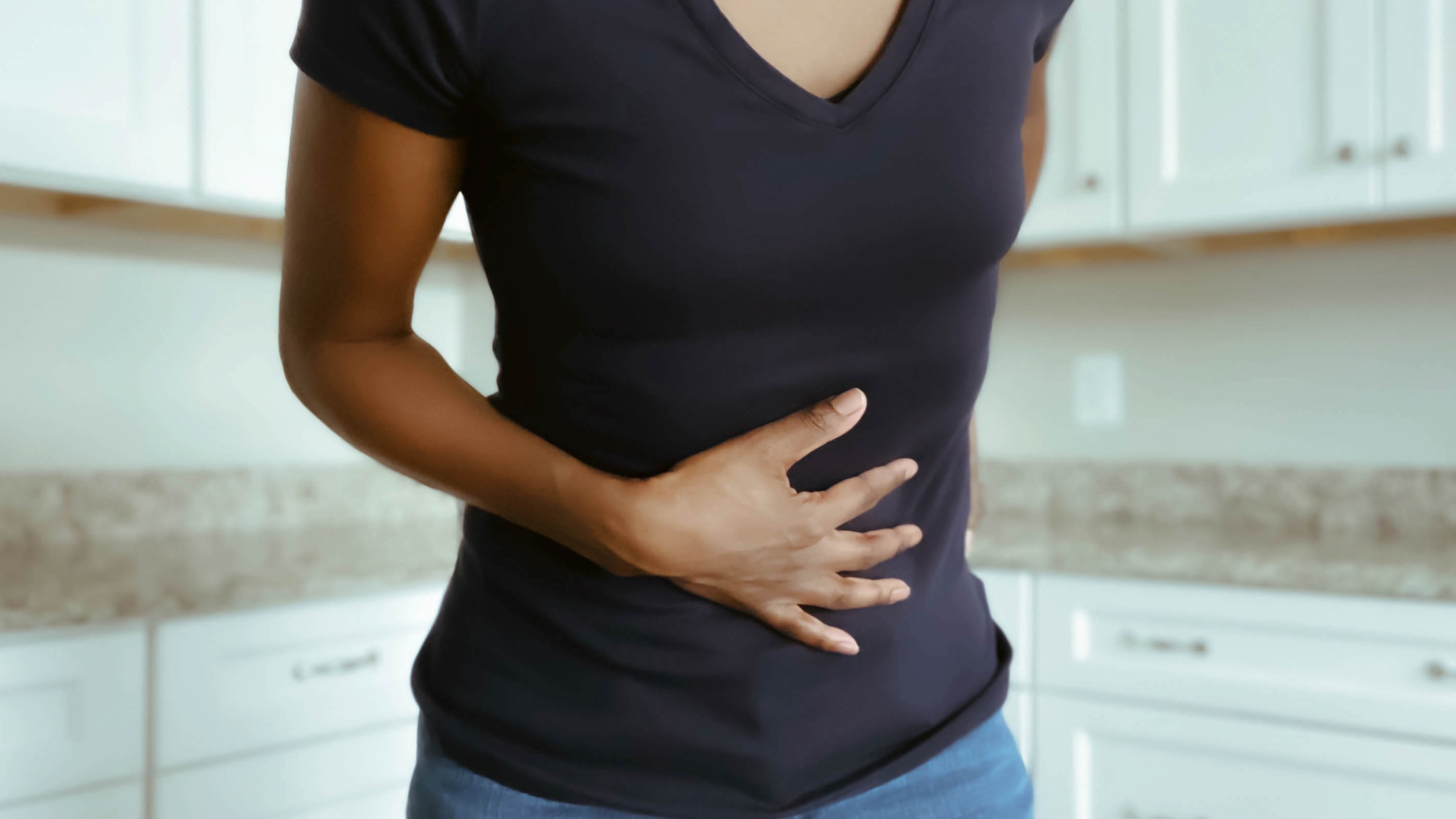Lack of exercise motivation might be down to misbehaving gut microbiome, research finds
As it turns out, a microbiome-dependent gut-brain pathway could be responsible for regulating motivation for exercise


Regular exercise has many benefits, but it can be hard to muster up the energy and motivation actually to head out for a run or visit the gym, especially if it's dark and cold outside. However, recent research claims that it might not just be your brain that prevents you from working out; your gut microbiome might also influence your motivation for exercise via a gut-brain pathway.
Published in the prestigious Nature magazine on 14 December 2022, scientists found that "microbiome-dependent production of endocannabinoid metabolites in the gut stimulates the activity of TRPV1-expressing sensory neurons and thereby elevates dopamine levels in the ventral striatum during exercise." In layman's terms, molecules secreted in the guts affect a specific part of the brain that increases dopamine (the "feel-good" hormone) levels during exercise.
The paper also says that the "stimulation of the [gut-brain] pathway improves running performance, whereas microbiome depletion, peripheral endocannabinoid receptor inhibition, ablation of spinal afferent neurons or dopamine blockade abrogate exercise capacity" ('abrogate' is a fancy term for 'reduce'). In essence, they suggest that molecules that stimulate the transmission of gut-derived signals to the brain may enhance the motivation for exercise.
- Change these 5 micro-habits for better weight loss results
- Too much exercise could jeopardise your weight loss efforts

Look after your gut and, in return, it will look after you, too
This isn't a human study, but the results are fascinating nevertheless. Our guts and their microbiome are gathering more and more attention in recent years, and gut health has been shown to significantly impact several things, including mental health, skin, immune system and more.
Now, it has been proven (in mice) that the gastrointestinal tract can also affect running performance and motivation, which might help explain why some people experience the 'runner's high' (the phenomenon of pleasure and reward driven by endocannabinoid release after prolonged physical activity), while others don't. Looking after your guts won't replace exercise, but it might help release helpful hormones more efficiently, which can help adherence and habit-forming.
Another important takeaway from the research is that it suggests that other behaviours dependent on dopamine signalling could be modifiable through lifestyle interventions, diet or metabolite supplementation. "If applicable to humans, our findings imply that interoceptomimetics that stimulate the motivation for exercise might present a powerful opportunity to counteract the detrimental health impact of a sedentary lifestyle", the researchers conclude.
One thing is for sure: it isn't the worst idea to look after your guts – whether they help you enjoy exercise more or not – by eating more fibre, drinking more water, and avoiding alcohol and sugar—essentially, the things you need to do if you want to get and stay fit. Who knows, it might help you better stick to your new fitness regime.
Get all the latest news, reviews, deals and buying guides on gorgeous tech, home and active products from the T3 experts

Matt Kollat is a journalist and content creator for T3.com and T3 Magazine, where he works as Active Editor. His areas of expertise include wearables, drones, action cameras, fitness equipment, nutrition and outdoor gear. He joined T3 in 2019.
His work has also appeared on TechRadar and Fit&Well, and he has collaborated with creators such as Garage Gym Reviews. Matt has served as a judge for multiple industry awards, including the ESSNAwards. When he isn’t running, cycling or testing new kit, he’s usually roaming the countryside with a camera or experimenting with new audio and video gear.